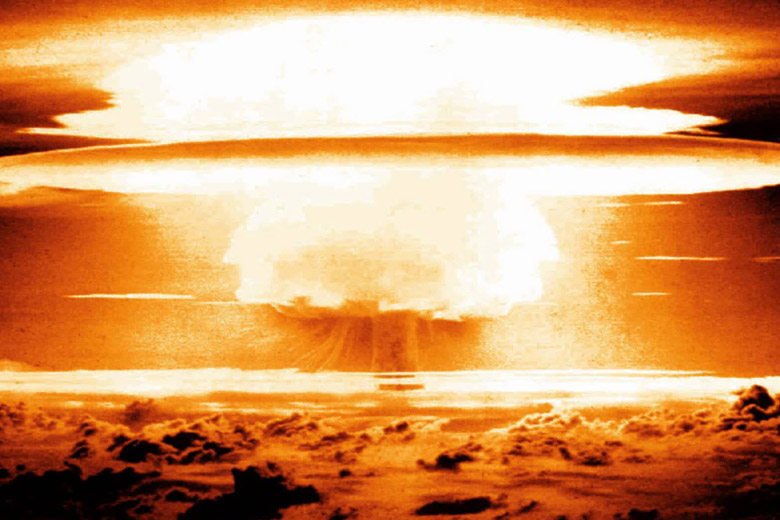
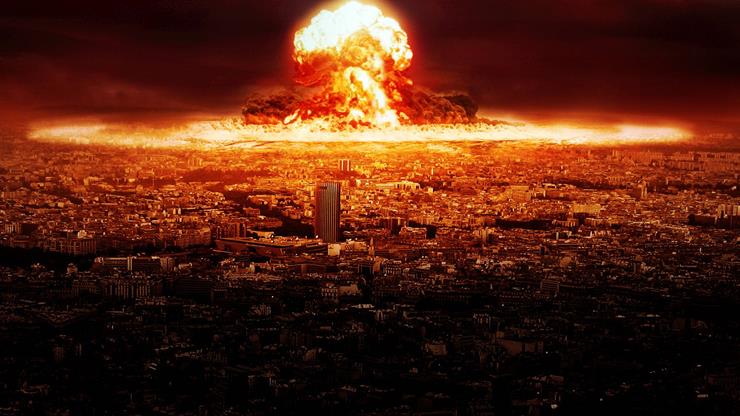
The idea of an emerging global conflict is not a new concept at all. Since the first nuclear bomb dropped at the close of WWII, the world has been on pins and needles waiting for the day that those weapons bring about our end.
As Moscow, Beijing, and Washington D.C. prepare for what could very well be the war to end all wars, we must examine what led us to this point in the first place and what a nuclear war would mean for all of humanity. Since the end of the Cold War, tensions have never been higher between the United States and Russia. Accusations are flying back and forth. At the same time, the Pentagon has been waging a subtle war in Syria, which could have led U.S. forces into conflict with the Russian troops in place to assist Syrian President Assad.
Experts around the world are asking themselves, are we finally headed for another world war after decades of relative peace? Can any nation, now that the world has been slowly globalizing over the course of the 21st century, really afford to risk using their nuclear arsenals, knowing full well that they would wipe out the world?
Unlike conventional warfare, which only affects the military units embroiled in the conflict and often the surrounding landscape and population, An all out nuclear war can cause devastation on a much greater scale; wiping out entire cities, even entire countries in mere moments and leaving a scorched, irradiated earth in its wake. There would be an automatic retaliation and the enemy countries on the other side of the world would be obliterated too. The rest of the world would be destroyed by fallout and the inevitable nuclear winter.
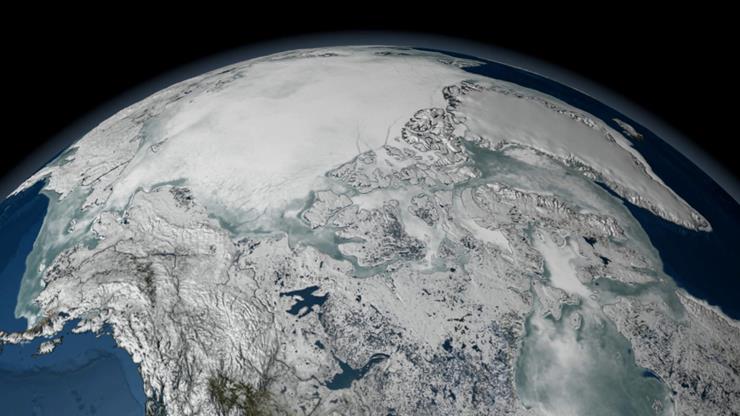
Nuclear winter
Any conflict that involved a nuclear exchange would undoubtedly have incredibly long-term effects on humankind and our environment. The fallout would likely lead to a nuclear winter that could last for centuries after the initial attack. Portions of the earth, primarily where the first bombs hit, would be rendered completely uninhabitable. The question many experts are asking right now is very simply, what could cause such a thing to occur?
War is a sad but an unavoidable fact of life for most of humanity. Human beings have been fighting one another for centuries for various reasons. We’ve fought over control of land and resources. We’ve fought over our differences in race and religion. We’ve struggled to end oppression and gain control.
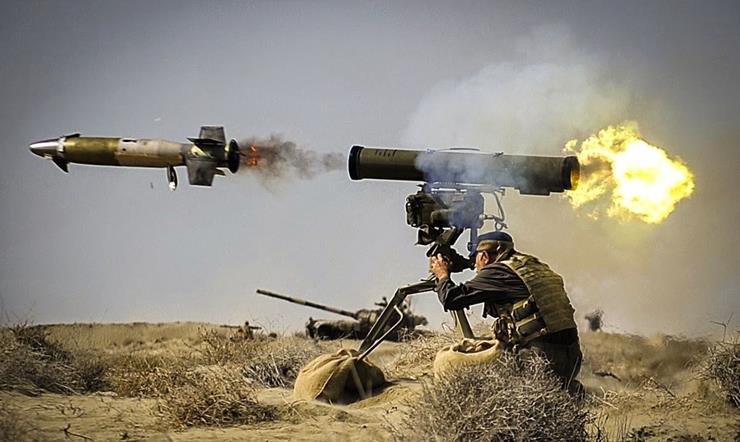
In these troubled times, one of the most common reasons for war stems from a conflict of ideologies that has been brewing since the middle ages. Islamic terrorism and the growing threat of organizations like ISIS are pushing the world’s nations to fight back against the countries that have given rise to these terroristic factions. But even as world powers work in tandem to combat these individuals, they also seek to wrest control of resources in these terror-laden region.
Resources like crude oil are invaluable in the modern age. Cars, boats, ships, planes, other forms of transportation and industry are all powered by this fossil substance. Manufacturers also require oil for use in plastics and fuel oils are used for heating and electricity. Unfortunately, this commodity only exists in certain parts of the world, and its existence seems to make war, for control of these places an unavoidable consequence.
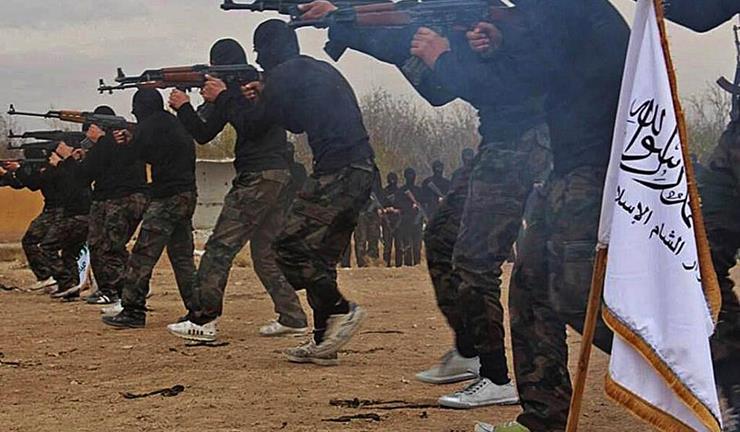
As world powers continue to intervene in the oil-rich parts of the world, it seems that the people of those lands continue to struggle with the invasion of Western influence. Many of the individuals that engage in acts of terrorism feel justified in their actions, arguing that it is all in defense of their world, their traditions, religion and their way of life. These desperate individuals are not above using nuclear weapons themselves. That is an ever present danger.
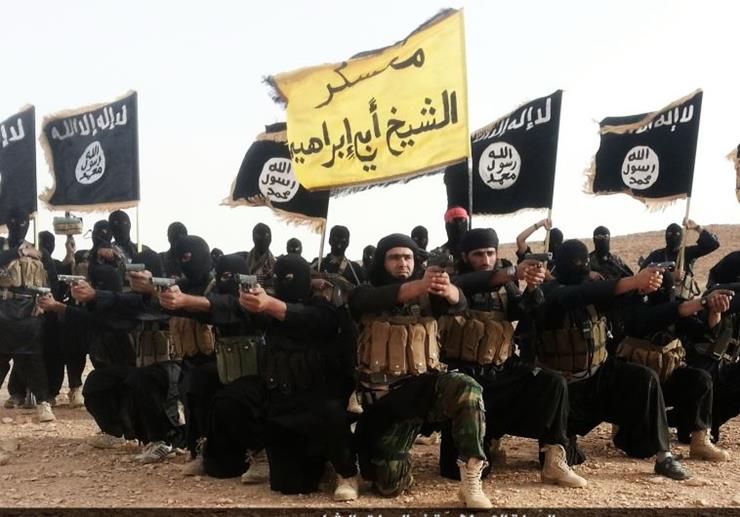
The collapse of the Soviet Union has given rise to the possibility that nuclear weapons, formerly used by the Soviet State, have become available on the black market for purchase by terrorist organizations like ISIS. Though most of these weapons of mass destruction have been accounted for since the 1990’s, there is a very real possibility that these “Dirty bombs”, devices designed to disperse radioactive materials over large areas, are still out there. And probably, Mr Putin is building even more destructive weapons. He has said, frequently, that he is building up his nuclear arsenal.
Nuclear war has only occurred in one combat situation towards the end of World War II. The United States, under the leadership of President Harry S. Truman, decided that the only way to win the war with Japan was to use their most powerful weapon. The use of these bombs would ensure the complete defeat of their enemy but would also change the state of modern warfare forever…
Only two nuclear weapons have ever been used in the course of war, and the United States used both. The first, code-named “Little Boy,” was dropped on the Japanese city of Hiroshima on Monday, August 6, 1945, at 8:15 am. The bomb killed an estimated 70,000 people initially and brought the death total to between 90,000 and 166,000 by the end of the year due to injury and radiation-related deaths.
The second bomb was dropped three days later, on August 9, on the Japanese city of Nagasaki. This bomb, code-named, “Fat Man”, exploded within 53 seconds of its release and killed 35,000 people in its initial drop. It was the second and last use of a nuclear weapon in combat. Because of their success and the amount of devastation, they caused, the threat of nuclear weapons persisted, and for a good reason.
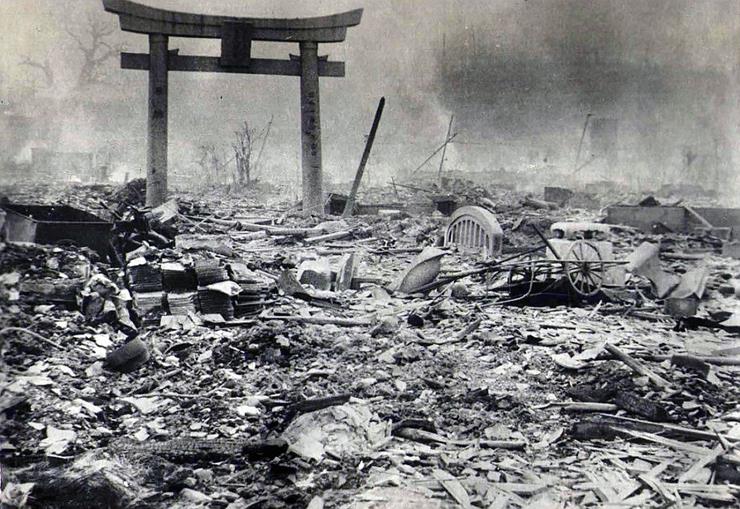
The two bombings resulted in the deaths of approximately 120,000 people, and experts calculate that witth the sheer number of nuclear weapon stockpiles, a nuclear war could lead to billions of casualties. The resultant explosions in the main cities would take out the majority of the population, while rural areas would remain but be subject to further decades of deaths by radiation. How then do we prepare for such a terrifying scenario?
During the Cold War, Americans were constantly on the watch for the inevitable retaliation of its enemies. School children were expected to take cover under their desks in air raid drills. Homeowners were encouraged to dig reinforced bomb shelters and stock them with several months worth of canned goods in the event of a nuclear attack on American soil.
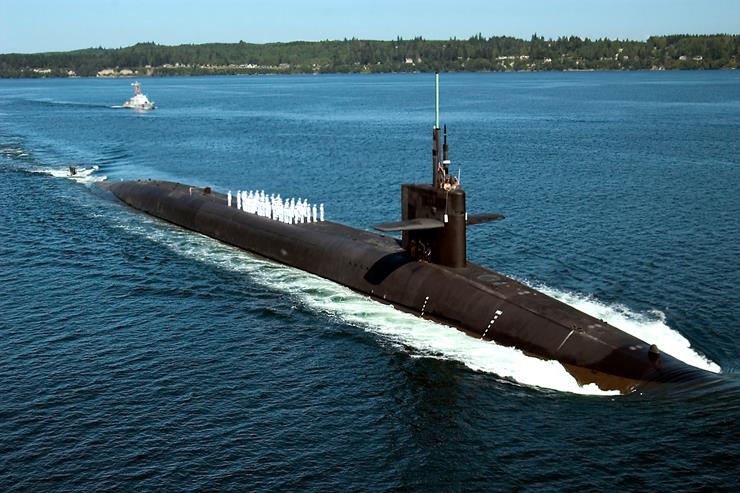
The United States currently has an expected warning time of about a half an hour for land-based missiles. Many other countries maintain plans that ensure the continuity of government operations following a nuclear attack as well. Most nuclear submarines are even given detailed instructions of what actions they should take if a nuclear strike destroys the government. Though the result of a nuclear attack, for any nation, would be catastrophic. Government would probably be useless, even obsolete under the circumstances.
EXTINCTION
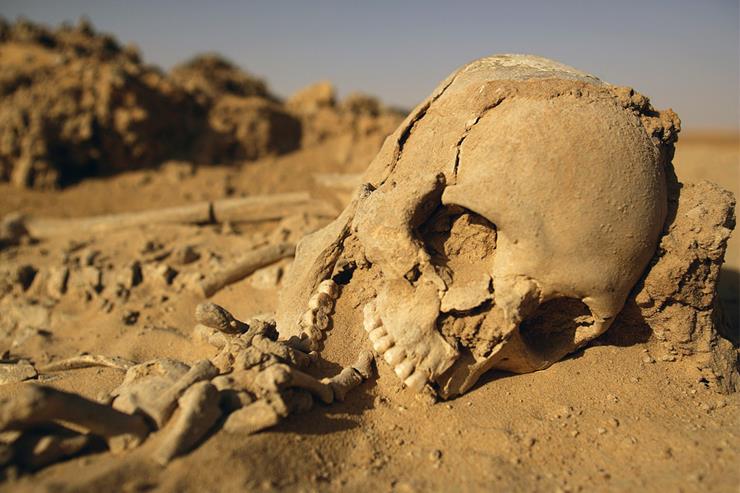
A nuclear exchange between today’s world powers would include millions of deaths for city-dwelling populations within a relatively short amount of time. Many experts truly believe that with today’s advancements and dependence on technology a full-scale nuclear war would bring the world to its knees, eventually bringing about the extinction of the entire human race.
Nations around the world have taken steps to safeguard their populations against this grim eventuality. Metro stations in Pyongyang, North Korea, were specifically constructed 360 ft below ground so that they could serve as fallout shelters in the event of a nuclear war. Private citizens have also begun preparing for these scenarios as well and have built elaborate and costly underground bunkers just in case. Yet, the threat of nuclear war is not as frightening as the idea of biological weapons.
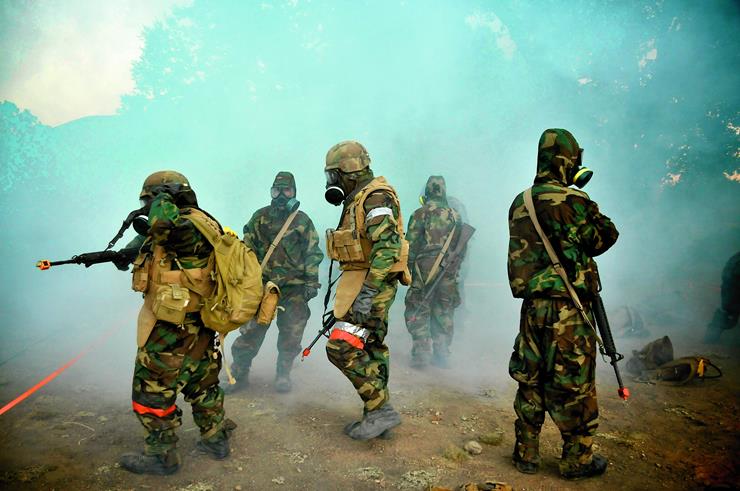
The use of biological warfare is also something that humanity will have to deal with if the situation does not improve. Biotechnology in the 21st century has given way to viruses that are capable of eliminating entire populations. Thankfully, most governments understand the unpredictable mutable nature of viruses and would therefore not risk using such a weapon for fear of it spreading beyond their control, or into their own borders. However science is working over-time to create the perfect biological weapon that could be contained and controlled.
PEACE IN OUR TIME:
As a species, maybe we should be striving for an end to the threat of nuclear or biological warfare, not preparing for it as an eventuality. As tensions in the Middle East, parts of Europe, Russia, China, Korea and the US continue to rise, it is more important than ever for humanity’s leaders to keep a cool head and to understand that any conflict using today’s weapons will mean the end of life as we know it for everyone. If everyone dies, nobody wins.
No comments:
Post a Comment
Through this ever open gate
None come too early
None too late
Thanks for dropping in ... the PICs